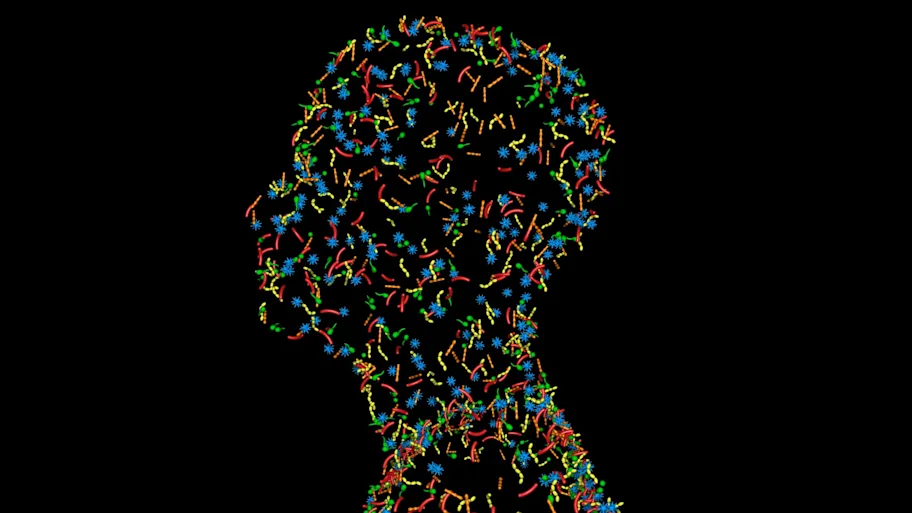
- Science News
- Frontiers news
- Nutrition crucial to our metabolic health
Nutrition crucial to our metabolic health

Nutrition is a crucial underlying factor in many of the challenges our current world faces, including the epidemic of overweight and obesity, diabetes and cardiovascular disease, with an estimated 60% of the burden of chronic diseases occurring in developing countries, according to the World Health Organization (WHO).
Led by Professor Ellen Blaak, Chair of the Department of Human Biology at Maastricht University, the new specialty Nutrition and Metabolism in Frontiers in Nutrition will provide more insight into how nutrition affects our metabolic health and defines more effective and targeted intervention and prevention strategies for chronic metabolic diseases, such as heart disease, stroke or Type 2 diabetes.
Discover more about Nutrition and Metabolism
Personalized nutrition
The inaugural Research Topic for the section will be Personalised Nutrition, which is a new and upcoming field, says Professor Blaak:
“New and innovative areas and methodologies need to be pushed, including the field of the microbe-hosts interactions, sex-related differences in metabolism, the timing of food intake, the balance between healthy and sustainable foods as well as personalized nutrition and related omic-based methods to achieve a better insight into the complex interaction between nutrition and human metabolism.”
“Another example is personalized nutrition. Lifestyle interventions may be effective in the prevention of diabetes and reduction of cardio-metabolic risk. There is increasing interest in studying intervention effects taking factors like the metabolic phenotype and the environment into account. For instance, mechanisms responsible for lipid-induced insulin resistance may depend on dietary fat quality. People with very pronounced liver insulin resistance may benefit from another diet composition, or pharmacological intervention, compared to individuals with peripheral insulin resistance. Women respond very differently to dietary intervention as compared to men. We really need prospective studies addressing the response to interventions based on a more personalized approach to optimize the prevention and treatment of chronic metabolic diseases.”
Future developments and change in nutrition
The interchange of disciplines is also key, according to Professor Blaak:
“We need an integration of omics methodologies to achieve insight in determinants of response to nutritional intervention.”
Professor Blaak believes there is a great deal to be discovered in this area:
“I really do believe that we can optimize the impact of nutrition to promote health by better understanding the complexity of diet-host interactions. There has been an enormous development in helping us better understand methodologies to metabolism but they need to be examined in further detail. Therefore there are many challenges and there is still so much to discover.”
Frontiers journals also consistently rank among the world’s most-cited in their fields and in the top Impact Factor and CiteScore percentiles. Find out more






